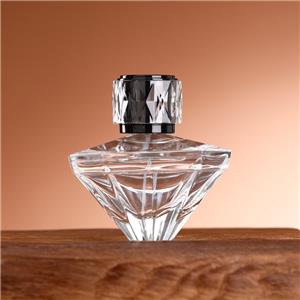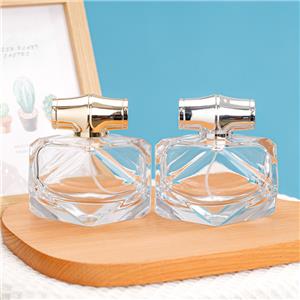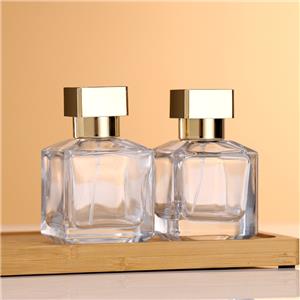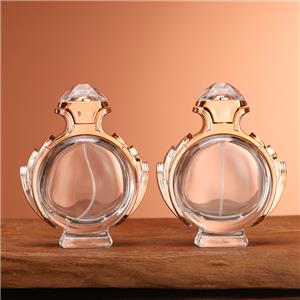Essential Terms in Supplier Agreements
Introduction
A supplier agreement is more than just a contract—it is the foundation of a smooth business relationship. For perfume bottle sourcing, having clear and detailed agreements helps prevent misunderstandings, reduces risks, and ensures both parties are aligned.
This article outlines the **essential terms every buyer should include in a supplier agreement** when working with perfume bottle manufacturers.
1. Product Specifications
* Define all **technical details**:
* Bottle size, capacity, and shape
* Material (e.g., glass, PET, aluminum)
* Decoration methods (spray, UV coating, hot stamping, printing)
* Cap, sprayer, and pump details
* Include **drawings, photos, or sample references** to avoid ambiguity.
2. Minimum Order Quantity (MOQ)
* Clearly state the agreed MOQ for each product.
* Mention any flexibility for test orders or future adjustments.
* ⚠️ This avoids disputes if you place smaller-than-expected orders.
3. Pricing and Payment Terms
* Specify:
* Unit price (including currency)
* Payment structure (deposit + balance, or letter of credit)
* Payment deadlines
* Clarify whether prices include packaging, shipping, or customs duties.
4. Lead Time and Delivery Schedule
* State the **production lead time** (e.g., 30–45 days after deposit).
* Define shipment deadlines and penalties for delays.
* Agree on delivery terms (FOB, CIF, EXW, etc.).
5. Quality Standards and Inspection
* Establish **quality control procedures**:
* Sample approval process before mass production
* Allow third-party inspection (SGS, BV, etc.)
* Tolerances for minor defects
* Include remedies for defective products (replacement, refund, or credit).
6. Packaging Requirements
* Specify:
* Individual packaging (boxes, sleeves, blister packs)
* Master carton specifications
* Labeling or barcodes
* Packaging is especially important for fragile perfume bottles.
7. Intellectual Property (IP) Protection
* If using **custom molds or designs**, ensure ownership is clearly stated.
* Restrict suppliers from selling your custom design to other clients.
* Include confidentiality clauses to protect your brand identity.
8. Termination and Dispute Resolution
* Define conditions under which either party can terminate the agreement.
* Agree on jurisdiction or arbitration rules in case of disputes.
* This prevents legal complications if the relationship ends.
9. After-Sales Support
* Outline warranty or support terms for issues discovered after delivery.
* Include time limits for reporting defects.
* Define responsibility for replacement or compensation.
Conclusion
A well-structured supplier agreement protects both the buyer and the supplier, ensuring transparency, reliability, and long-term cooperation. By covering essential terms such as **specifications, MOQ, pricing, lead time, quality standards, packaging, IP protection, dispute resolution, and after-sales support**, you can minimize risks and build a strong foundation for your perfume brand’s supply chain.
✅ Remember: The more detailed your agreement, the fewer surprises you’ll face later.




